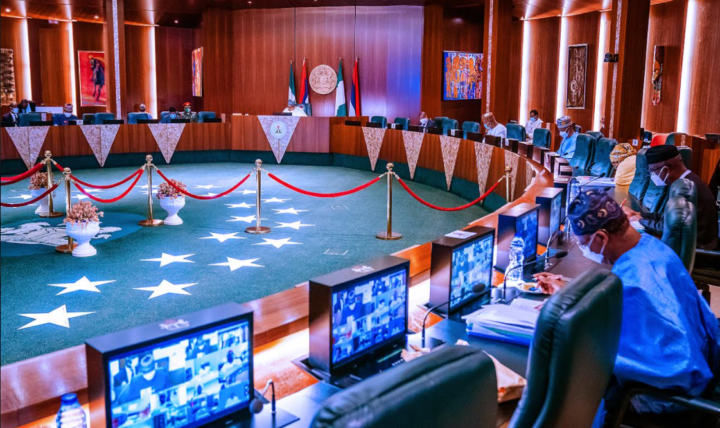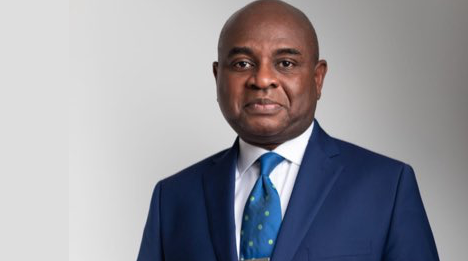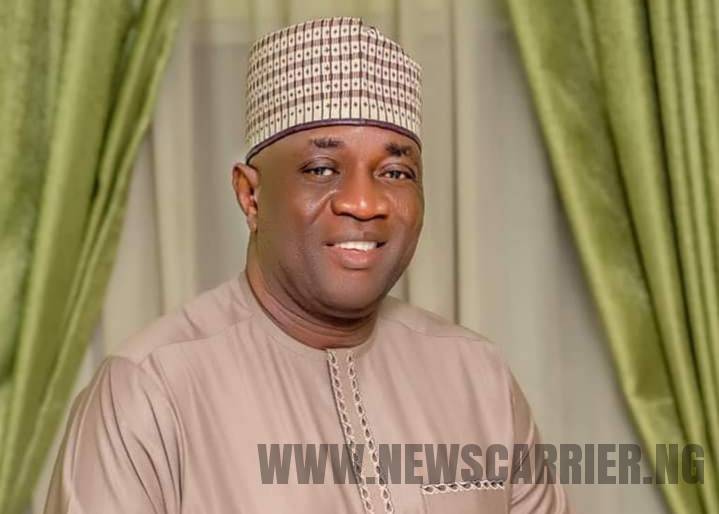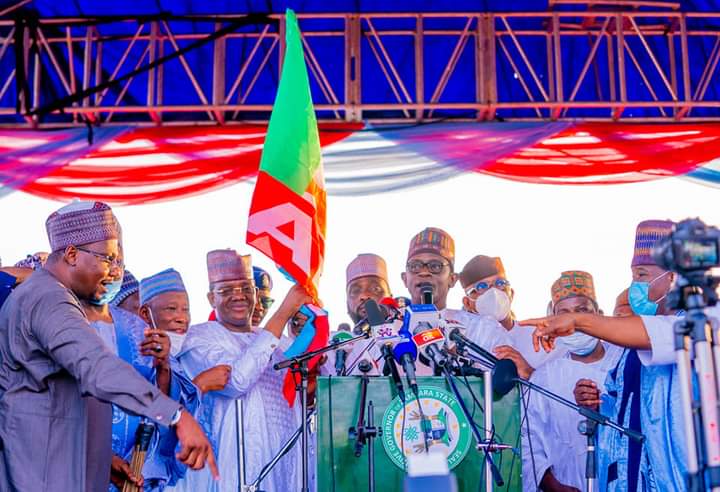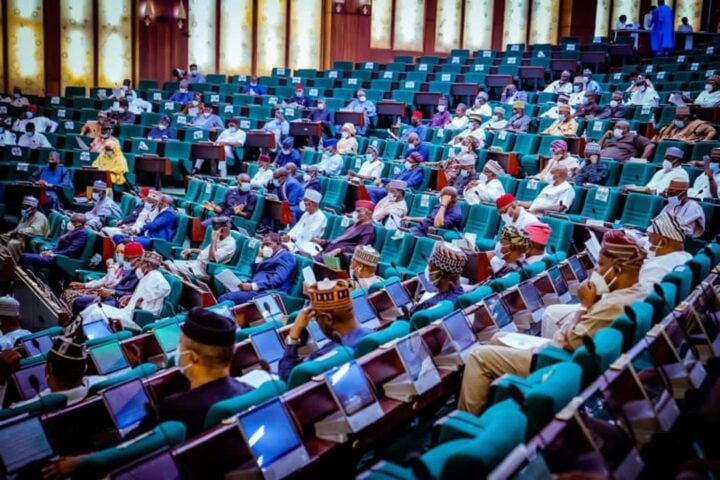Many countries of the world, especially the 3rd world ones, were jolted into reality of the effects of the suicidal willful neglect of their healthcare system, especially in the area of infrastructure, following the inevitable lockdown that accompanied the outbreak of COVID-19 about two years ago. I am not sure if there is any country that is guiltier of this than Nigeria in this regard. The chicken came home to roost. There was nearly a complete travel ban around the globe. Not even the members of the diplomatic privilegentia were allowed to travel out of their respective countries or where they were medical reasons before the calamity that has claimed millions in lives happened on humanity subsided. No president, governor, minister, trillionaire, king, or queen was allowed to embark on any cross-border travel, between countries.
That was a rare occasion, the rich did not only cry but also died like the commoners. Poor Nigerians and Aso Rock dwellers competed for the very limited bed spaces in the hitherto neglected and dilapidated local hospitals, infested by reptiles and rodents. The same set of medical doctors that politicians treated with massive disdain became regular callers on their phones. Nigerian medical doctors have suffered a lack of patronage from people in the corridor of power, not for incompetence or lack of capacity but for reasons that are closely connected to xenocentrism and also avenues to fleece the taxpayers of their money by those whose medical care is on the account of the state. Make no mistake about it; Nigerian-trained medical doctors are among the best, if not the best, in places like North America, Europe, South Africa, and the Middle East where the exigency of labour migration has flung them to.
The rude awakening was so much that even the secretary to the government of the federation, Boss Mustapha, had to issue a statement saying he knew there were rots in our health care system but that he never knew the rots were that much. What a pity! That is what happens when a system, like what is obtained in Nigeria, willfully creates artificial barriers between the leaders and the led. More Nigerians became aware that the statehouse clinic was more like an artifact than a functional health institution, that the National Hospital was national, only in name. The emptiness was so much that my home state’s governor, Yahaya Bello, out of an open confrontation with a virtually non-existent health sector in the state, had to question the veracity of the existence of the coronavirus, insisting that it was all scam. When the members of the Nigerian Centre for Disease Control (NCDC) visited the state, the governor was so livid with their presence that he ordered that they be arrested, and quarantined before he would give them an audience. They had to vote with their feet. Many of the governor’s critics said it was all a ploy to deny or cocoon the rots in the state’s health sector so that he won’t be compelled by the court of public opinion to “do something” about the gross infrastructural vacuum. Rather than capitalising on the opportunity and building up infrastructure and the capacity in the health sector, he had busied himself with playing the ostrich.
Governor Bello is not the only one who is culpable of lack of investment in health infrastructure; as a matter of fact, the federal government is, also. President Buhari’s administration is yet to come up with a blueprint on how the infrastructural deficit that was laid bare during the global COVID-19 lockdown would be reversed. Instead, the president, members of his immediate family, as well as his cabinet members still maintain their retainers of foreign medical institutions, which constitutes a huge drainpipe on the nation’s hard-earned forex, while at the same time engendering the systemic neglect of our health care system.
Advertisement
Brain drain also continues unabated. It took the illegal intervention of the secret police (SSS) to disperse a group of medical doctors job-hunting on the queue where a Saudi Arabian medical institution was conducting a recruitment exercise for medical doctors that are seriously needed but acutely lacking in their country. The dispersion was possible because the applicants and the recruiters converge on a place. What about those who conduct their interviews online, within the comforts of their living room? Would the SSS ever be aware that one of our most important assets is about to be nicked off us? So, on a very regular basis, medical and paramedical personnel desert the country, for places like Canada, the US, South Africa, UAE, Saudi Arabia, United Kingdom, among other destinations, because they feel their welfare is not being well taken care of. This leaves our national doctor: patient ratio, abysmally low – in fact, one of the lowest in the world.
The ‘Women and Men report 2021’ quoted by the World Health Organisation (WHO), “revealed that a total of 39,912 doctors were available in Nigeria as of 2017. The number of doctors increased to 44,021 in 2018. But this number reduced drastically to 24,640 in 2019”. This is contrary to the World Health Organisation’s (WHO) recommendation, which puts the doctor: patient ratio at 1:600 standard. However, Nigeria’s doctor to patient ratio of 4:10,000 falls below the global recommendation. In reality, I believe, the situation is much worse than that. This has, according to WHO, left many Nigerians without medical consultation from a qualified medical doctor, and by implication, led to the boom we are today, witnessing in the “Agbo-Jedi” sector”, apologies to a former Ekiti state governor, Ayodele Fayose. Agbo-Jedi sector is the world of unregulated, unrefined alternative medicine being hawked at various motor parks across the country. In a nutshell, the COVID-19 lockdown has come and gone, Nigeria did not miss the opportunity to miss an opportunity to right all the infrastructural and human resource wrongs in the sector.
Let us take a look at the oil and gas sector and the opportunities that are more likely than not, to come up, in the aftermath of Russia’s invasion of Ukraine. Russia is a major oil and gas-producing country in the world. In oil production, the country is joint-top with Saudi Arabia. In the gas subsector, it is responsible for not less than 40% of Europe’s needs. But following the invasion of its neighbour, Ukraine, on February 24, 2022, almost all the countries in Western Europe have responded with very stiff sanctions that are very likely to obstruct Russia’s supply of, and earning from, gas. It presents both opportunities and difficulties to the global community. How prepared a country is, determines the kind of response it gives the opportunities, and how much the difficulties affect its people. There is going to be the difficulty of a spike in the price of crude, globally; and you and I know, Nigeria is the most vulnerable oil-producing country to such a spike in price, in the world. Nigeria depends heavily on the importation of refined products for its domestic needs. Therefore, any increase in international price will reflect in the local pump price. So it would not be a welcome development for an average Nigerian whose business depends on petroleum products like petrol, diesel, aviation fuel among others. Our local refining capacity is near zero. The only glimmer of hope in reversing the ugly situation lies in the coming on stream of Dangote Refinery that is nearing completion. The four government-owned refineries in Port Harcourt (two), Kaduna and Warri (one each) have become a conduit pipe for syphoning public funds through the phantom turnaround maintenance, which started under late Sani Abacha’s regime and continues into the current democratic dispensation. With hundreds of engineers in the employ of the Nigerian National Petroleum Corporation (now Nigeria National Petroleum Company), the facilities remain non-functioning and nobody seems to bother.
Advertisement
Talking about the opportunities that are likely to come with the sanctions against Russia over the invasion of Ukraine; as the saying goes, nature abhors vacuum; the supply gap to be created as a result of the sanctions would be up to be filled by other oil-and-gas-producing countries, among which is Nigeria. A recent report by a German Television-DW’s online platform, captioned; ‘Europe looks to Africa to fill natural gas gap’, says: “Russia’s invasion of Ukraine is forcing Europe to diversify its energy supply”. “Germany and Europe must now quickly make up for what they have missed over the last 20 years,” Stefan Liebing, chairperson of the German-African Business Association, said in a recent press release. He advised Germany’s economy minister Robert Habeck to travel to African countries such as Algeria, Nigeria, Egypt and Angola, which could help free Europe from its dependence on Russian gas.
Now that we are likely going to have an additional quota thrust upon us, thanks to Russia’s decision to invade Ukraine; do we have the capacity to meet up? Are our leaders even thinking in that direction? What is our production capacity, vis a vis, OPEC quota and our humongous oil and gas reserves? When last did we embark on an audit of our national oil-production capacity, with a view to improving and boosting our earnings from sales of crude abroad? It is unfortunate; our politicians are not concerned with baking the “national cake”. All that seems to bother them is how they will share the little available that none of them has an inkling as to how it was baked. Meanwhile, “cut suya, cut suya, nama dey finish“, goes a Nigerian cliche. Recently, some multinational oil companies; Shell Petroleum, Exxon Mobil, put their assets in Nigeria up for sales and are leaving the country; an incident that GMD of Nigerian National Petroleum Company (NNPC) Limited, Mele Kyari, attributed to the multinationals’ quests to continue to explore avenues where they think they can add value to the journey towards carbon net-zero commitment.
Germany, one of the European countries that are most dependent on Russian gas, does not see Nigeria as a quick fix to its increasingly desperate energy (gas) situation because of perceived (of course it is real) administrative bottleneck, and inadequate infrastructure, which would require a long term planning and execution to address. Although the recently passed petroleum industry act is meant to address most, if not all, of the inherent systemic red-tapism in the industry, the impact would not be felt immediately.
These are not uncommon problems in a situation like this, but the most Nigerian thing (uncommon in other climes) is the fact that those who manage the affairs of the country are not thinking in the right direction. They’re busy playing and planning for local politics that would guarantee their rent-seeking portfolios in the aftermath of the forthcoming 2023 general election. While Nigeria continues to major in the minor, other gas-bearing African countries like Algeria, Angola, Egypt, Libya would see and seize the initiative to build up their national capacities to tap into a waiting market for maximum benefit to their national development. For Nigeria, that would be another case of “never missing an opportunity to miss an opportunity”. I hope to be proven wrong.
Advertisement
Abubakar writes from Ilorin. He can be reached via 08051388285 or [email protected]
Views expressed by contributors are strictly personal and not of TheCable.
Add a comment

